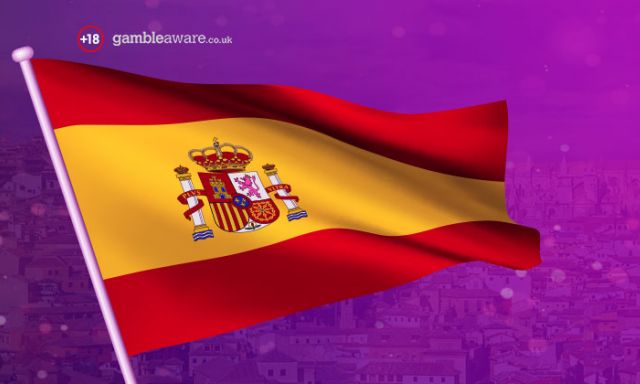Online gambling has continued to enjoy strong growth across the board in 2018, with operators rolling out across more new markets, and welcoming new customers from around the globe. That trend isn’t expected to let up soon, and globally, all predictions point to further increases to come, both in terms of the number of people gambling online, the number of regulated markets, and total revenues across the industry.
According to a recent report, this is a trend shared by Spain’s online gambling sector. The industry is on track to be worth as much as $1.22 billion over the next five years, according to the most recent figures.
The findings come from a report by Ficom Leisure, which said that the Spanish gambling sector was now “on the radar of the international market”, in respect of its booming revenues and projected growth. The market is predicted to reach at least €1 billion ($1.22 billion) over the period, with potential to reach as much as €1.5 billion ($1.84 billion).
The analysis was drawn from reported figures from 2017, factoring in the capacity for growth still present within the sector. Senior partner Christian Tirabassi explained that unlike most European markets, which have fairly mature gambling sectors, Spain is still very much in its rapid growth phase.
Jacob Lopez Curciel, chief executive at gaming company Optima agreed with the sentiments in the report, but expressed concerns about the possibility of future over-regulation, which he feared could ultimately make the market too expensive for new operators.
However, Spanish regulators do appear to be heading in the opposite direction at the moment, taking steps to encourage and foster their emerging gambling sector. As part of this drive, the decision was taken recently to reduce betting taxes 25% to 20%, as part of ongoing efforts to make licensing in Spain more attractive for major gambling operators.
Speaking on the specific product offering, Curciel identified further opportunities for growth in horse racing, one gambling market where he sees significant opportunities for future growth.
“At the moment for Spanish players the sports they bet on are football, basketball and tennis but I think horse racing is growing, quite fast actually, and it is a product that has to be there.
Meanwhile, Mikel Lopez de Torre, of the Jdigital gambling body, sees major consolidation to come over the period, as operators look to compound their share of the market.
“It is hard to see how we can make room for 12 more brands without seeing any consolidation beginning with those at the bottom of the pyramid and that has to start in the next five years.”
The developments in the Spanish gambling sector will be of interest to operators, both within Spain and across the European continent more widely. As one of the few remaining European markets with significant growth capacity to be filled, the opportunities in Spain now look more significant than ever.








